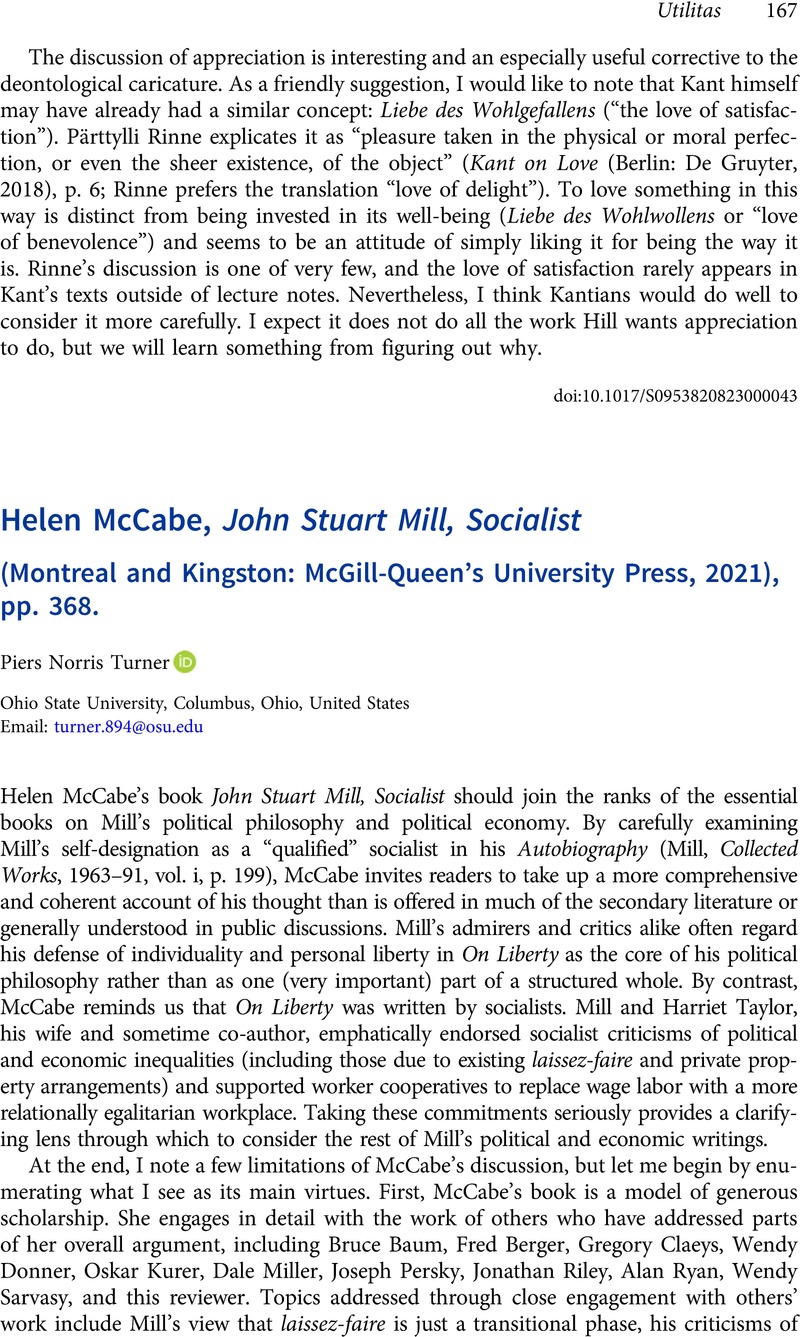Crossref Citations
This article has been cited by the following publications. This list is generated based on data provided by Crossref.
Carroll, Jeffrey
2024.
Must We Always Pursue Economic Growth?.
Utilitas,
Vol. 36,
Issue. 1,
p.
102.




